Vida La Muerte Y El Mas Alla A – (Spanish)
$12.99
Alfonso Perez Ranchal en su libro LA VIDA, LA MUERTE Y EL MAS ALLA A TRAVES DE LA BIBLIA, enmarca esos terminos en el concepto de revelacion progresiva indicando con ello que Dios iba dando a conocer su voluntad y propositos conforme el tiempo avanzaba. En esta progresion, el pueblo israelita paso por momentos de gran importancia historica marcados por actuaciones y mensajes divinos. En ocasiones, todo ello significaba nuevas formas de comprender a Dios, en otras, los protagonistas o destinatarios debian hacer toda una nueva reflexion de la historia y de sus propias vidas ante lo que ahora conocian del Creador.
Lamentablemente, esta revelacion progresiva es frecuentemente dejada de lado a la hora de realizar estudios biblicos o en la propia lectura devocional… pero esto puede significar una gran perdida en el entendimiento del texto biblico, y en otros momentos una “sobreinformacion” ya que se trae un conocimiento posterior y, por tanto, desconocido en esa epoca, y desde ahi se explica el pasaje escritural.
El autor afirma que el concepto de la vida, la muerte y el mas alla que se va desplegando en las Escrituras es esencial en cada momento para comprender mucho de lo que alli se expone. Por tanto -nos sigue diciendo el autor- es absolutamente necesario conocer el progreso de las ideas sobre la otra vida para que sirvan de clave para discernir muchos textos del Antiguo Testamento y, como no, del Nuevo. Es mas, me atrevo a decir que estamos ante una clave interpretativa que sirve de llave para la compresion de las Escrituras. Como parte de este recorrido se incluira un periodo esencial como es el intertestamentario que conecta y alumbra al Nuevo Testamento.
Life, Death and Afterlife Throughout the Bible
Alfonso Perez Ranchal in his book LIFE, DEATH AND AFTERLIFE THROUGHOUT THE BIBLE, frames these terms in the concept of progressive revelation.
He frames these terms in the concept of progressive revelation, indicating that God was making known His will and purposes as time progressed. In this progression, the Israelite people went through moments of great historical importance marked by divine actions and messages. At times, all this meant new ways of understanding God; at others, the protagonists or recipients had to make a whole new reflection on history and their own lives in the face of what they now knew of the Creator.
Unfortunately, this progressive revelation is often left aside when it comes to biblical studies or in one’s own d
in stock within 3-5 days of online purchase
SKU (ISBN): 9788418204814
ISBN10: 8418204818
Language: Spanish
Alfonso Ranchal
Binding: Trade Paper
Published: February 2022
Publisher: Editorial Vida
Related products
-
40 Questions About Heaven And Hell
$25.99Biblical answers to the most frequently asked questions about the afterlife! In 40 Questions About Heaven and Hell, Alan Gomes surveys the Old and New Testaments to paint a comprehensive picture of the afterlife. The question-and-answer format makes it easy to find answers to specific questions on heaven, hell, the intermediate state, the final judgment, and life in eternity. Readers will find solid answers to many vital questions:
* What should we conclude about those who claim to have seen heaven or hell?
* Is it possible for us to communicate with the dead?
* Is there such a place as purgatory?
* What will our resurrected bodies be like?
* What will we do in the eternal state?
* Will there be animals in the eternal state?
* What is hell like?
* How can a God of love send people to an eternal hell?
* Did Jesus “descend into hell” like the Apostles’ Creed says?Study notes point to additional resources for learning, and reflection questions at the end of each chapter make the book ideal for small group studies.
Add to cart1 in stock
-
Misreading Scripture With Western Eyes
$18.00Introduction: Coming To Terms With Our Cultural Blinders
Part One: Above The Surface
1. Serving Two Masters: Mores
2. The Bible In Color: Race And Ethnicity
3. Just Words? LanguagePart Two: Just Below The Surface
4. Captain Of My Soul: Individualism And Collectivism
5. Have You No Shame? Honor/Shame And Right/Wrong
6. Sand Through The Hourglass: TimePart Three: Deep Below The Surface
7. First Things First: Rules And Relationships
8. Getting Right Wrong: Virtue And Vice
9. Its All About Me: Finding The Center Of Gods WillConclusion: Three Easy Steps For Removing Our Cultural Blinders?
Acknowledgments
Resources For Further Exploration
NotesAdditional Info
What was clear to the original readers of Scripture is not always clear to us. Because of the cultural distance between the biblical world and our contemporary setting, we often bring modern Western biases to the text. For example: When Western readers hear Paul exhorting women to “dress modestly,” we automatically think in terms of sexual modesty. But most women in that culture would never wear racy clothing. The context suggests that Paul is likely more concerned about economic modesty–that Christian women not flaunt their wealth through expensive clothes, braided hair and gold jewelry.Some readers might assume that Moses married “below himself” because his wife was a dark-skinned Cushite. Actually, Hebrews were the slave race, not the Cushites, who were highly respected. Aaron and Miriam probably thought Moses was being presumptuous by marrying “above himself.”Western individualism leads us to assume that Mary and Joseph traveled alone to Bethlehem. What went without saying was that they were likely accompanied by a large entourage of extended family. Biblical scholars Brandon O’Brien and Randy Richards shed light on the ways that Western readers often misunderstand the cultural dynamics of the Bible. They identify nine key areas where modern Westerners have significantly different assumptions about what might be going on in a text. Drawing on their own crosscultural experience in global mission, O’Brien and Richards show how better self-awareness and understanding of cultural differences in language, time and social mores allow us to see the Bible in fresh and unexpected ways. Getting beyond our own cultural assumptions is increasingly important for being Christians in our interconnected and globalized world. Learn to read Scripture as a member of the global body of Christ.Add to cart1 in stock (additional units can be purchased)
-
Follow The Healer
$19.99There is a simple, yet transformative, truth that fundamentally changes the way we think about and approach the ministry of praying for others to be healed. It’s the simple truth that Jesus heals– the healing ministry to which we are called is not primarily our ministry, but Christ’s. What we are called to do is to participate in his ongoing healing ministry. And as his ministry continues today through his body, the Church, he invites us to join him.
In Follow the Healer, Stephen Seamands draws upon four decades of teaching theology and active involvement in healing ministry to help us grasp the “why-to” of healing that comes before the “how-to.” He lays out the essential theological foundations for healing ministry in a way that is simple and accessible. This holistic, Wesleyan approach to healing will help traditional evangelicals more readily embrace healing ministry and lead Pentecostals and charismatics already engaged in this ministry move toward a more wholistic and discerning approach to healing.
Add to cart2 in stock (additional units can be purchased)
-
Psychology Of The Fruit Of The Spirit
$29.99For centuries, the fruit of the Spirit has rightfully served as a wellspring of reflection on the virtues that epitomize the Christian life and character-building. However, the notion of the fruit of the Spirit is not limited solely to forming the biblical foundation of ethical living.
Psychologist and theologian Zoltan Dornyei argues that if we understand the nine attributes collectively as a concise portrayal of the ideal Christian self, this approach places the notion of the fruit of the Spirit at the intersection of several important theological themes, such as being conformed to the divine image, the gradual advancement of the kingdom of God, and new creation. In The Psychology of the Fruit of the Spirit, Dornyei offers a scholarly exposition of the relevant theological content associated with the fruit of the Spirit. Complementing his theological reflections with findings from the field of psychology, he brings expertise in both psychology and theology to bear on this important biblical concept. His integrated perspective helps to uncover the full meaning and theological potential of the fruit of the Spirit by helping to clarify the nature of its nine facets, defining broader psychological dimensions that underlie the fruit, and offering practical lessons for cultivating it in the Christian life.
Add to cart1 in stock

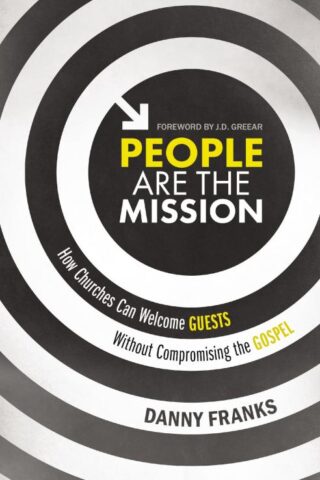
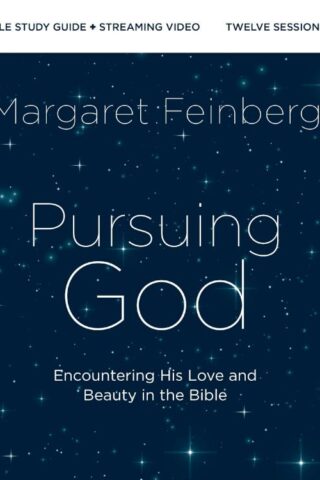



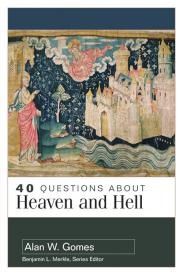
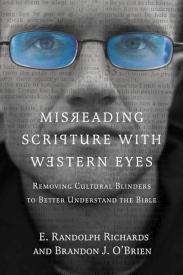
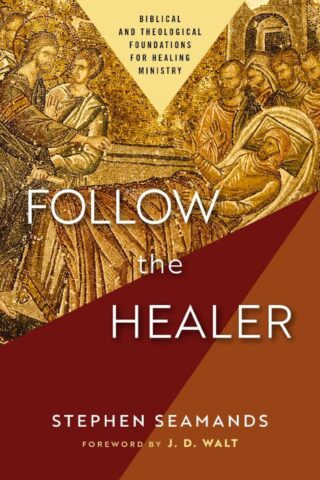
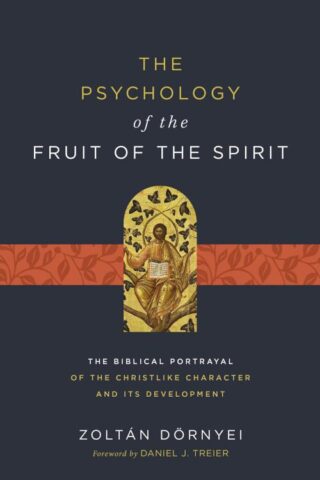


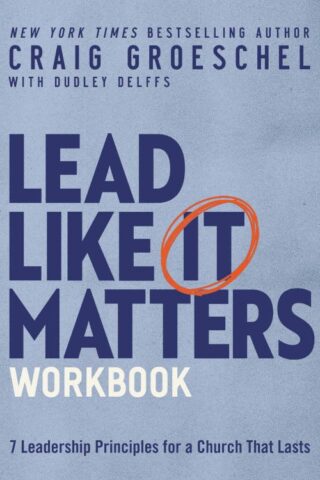

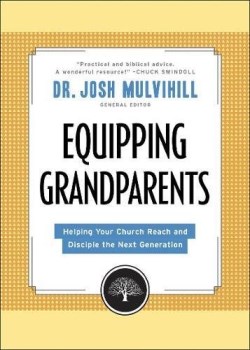
Reviews
There are no reviews yet.